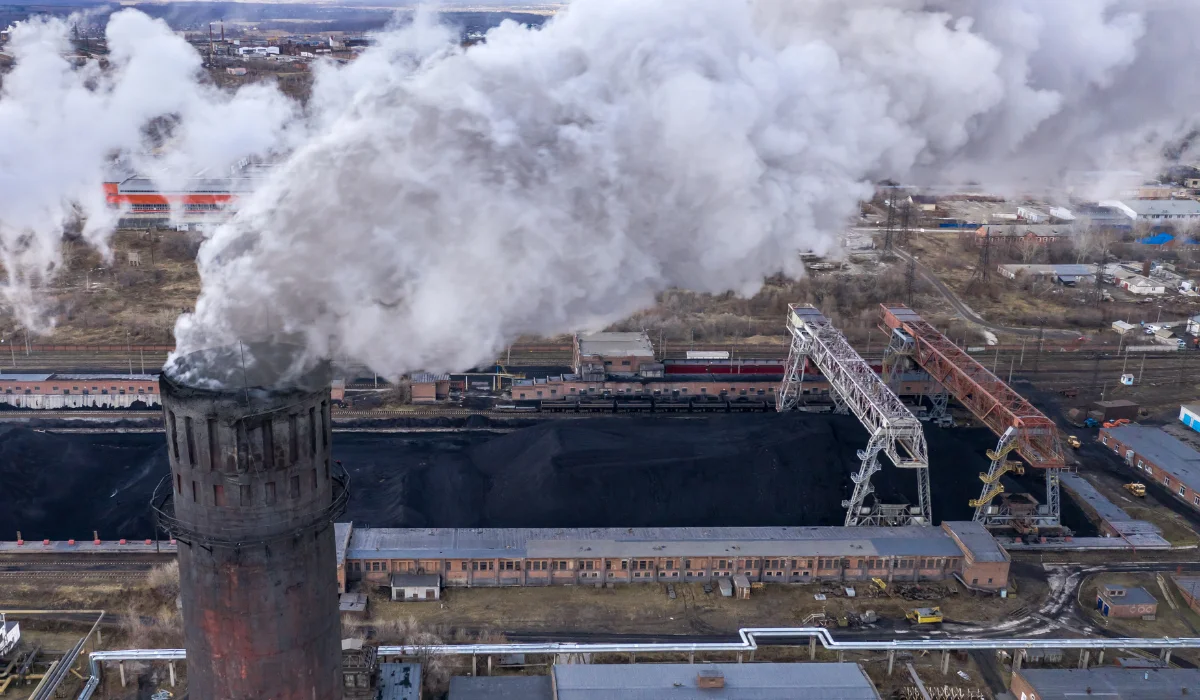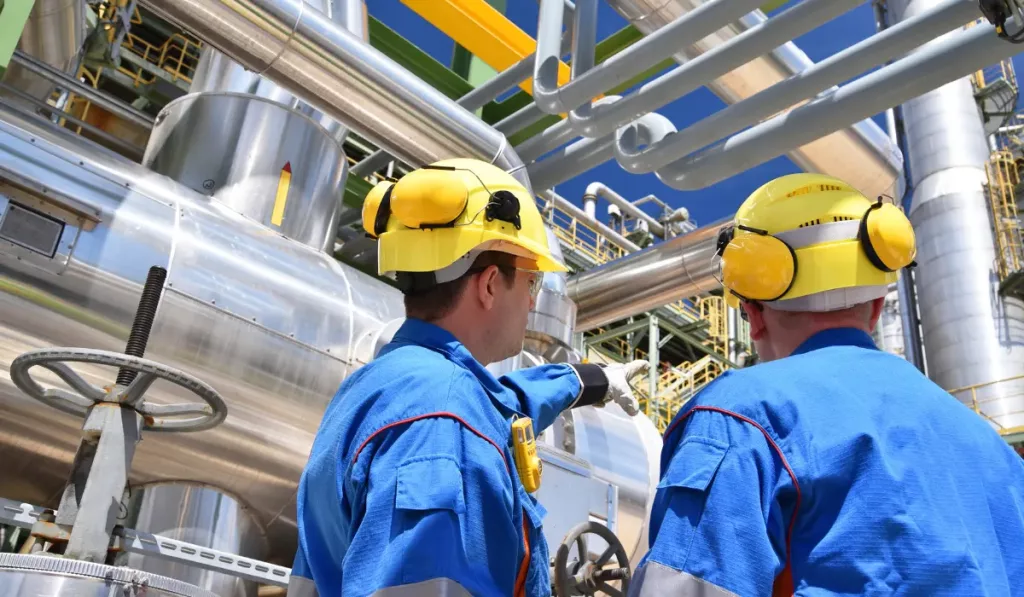

The reputation of the global energy sector hasn’t changed since 2021 – but there’s another picture below the surface, one that reveals very different perceptions of the electricity and oil & gas industries. What does this mean for the biggest companies in the energy sector?
Bigger household bills. Higher petrol prices. Concern about the security of supply.
The past couple of years have been tough for many stakeholders of companies in the energy sector – especially their customers.
Throw in mounting fears about climate change – and the starring role of fossil fuels – and you might expect the reputation of the energy sector to have fallen since 2021.
And yet, there’s been no change in overall perceptions of the sector.
In fact, both the electricity and oil & gas industries received exactly the same reputational rating as two years ago – a Trust & Like Score of 64.
Scratch the surface, though, and another picture of the sector emerges.
For one thing, younger people have a more favorable perception than older people of both electricity and oil & gas companies.
In other words, the older you get, the less favorable your view of both.
Oil & gas, though, has a stronger reputation among older Millennials than electricity does.
In fact, people aged 35-44 gave the oil & gas sub-sector a Trust & Like Score (TLS) of 67 and the electricity sub-sector a TLS of 66.
By contrast, all other age cohorts rated electricity above oil & gas. People aged 18-24 gave electricity a TLS of 71 (up 2 points from 2021) and oil & gas a TLS of 66 (down 1).
One possible explanation is that, unlike Boomers and Zoomers, older Millennials are more likely to be living in larger households and paying much higher electricity bills.
Younger people, meanwhile, are more likely to place greater emphasis on energy companies’ ESG activities.
This strongly favors the electricity sector – its “environment” rating is 10 points higher than the oil & gas industry’s among 18-24-year-olds.
Dig deeper, and you’ll find other perceptions of the energy sector have fallen.
For example, fewer people want to be employed in the sector than in 2021.
Likewise, people are less likely to support, recommend or consider buying the products or services of companies in the energy sector than they were before the energy crisis.
One bright spot, however? People aged 18-24 (aka Zoomers) rate leadership in the energy sector higher than in 2021 – especially leadership at electricity companies.
A closer look at the data reveals other generational “fault lines”, too.
For instance, Zoomers are the least likely to think we’re equally responsible for fighting climate change.
In fact, 21% of 18-24-year-olds say we share equal responsibility, compared with 46% of 65-75-year-olds.
And while 23% of 18-24-year-olds say energy companies have the greatest responsibility, only 11% of 65-75-year-olds agree. (Interestingly, though, both of those figures have fallen since 2021 – from 28% and 21%, respectively.)
So, compared with older generations, Zoomers believe less in joint responsibility for fighting climate change and are more likely to point the finger at energy companies.
There’s another interesting generational divide in what stakeholders think companies in the energy sector should address.
While 53% of 65-75-year-olds say “keeping energy prices low” is a priority for the sector, only 29% of 18-24-year-olds agree.
Likewise, only 28% of 18-24-year-olds say “ensuring a reliable supply of energy” is a top issue – unlike 42% of Boomers.
Unsurprisingly, a much higher proportion of 18-24-year-olds say diversity and social justice are important issues.
So, while younger people want companies in the energy sector to engage on a wider range of issues, older people are more likely to say they should focus on lowering prices and carbon emissions, transitioning to clean energy and ensuring a stable supply.
Then there are differing views of individual behavior in response to climate change.
Compared to their parents and grandparents, younger people are more likely to use electric cars, switch to energy-efficient transport/travel, support environmental causes and install solar panels.
Compared to their children and grandchildren, older people are more likely to switch to energy-efficient lightbulbs, take shorter showers, unplug appliances and cut out plastic.
This indicates that change is hardest for older generations – who are also the least driven by ESG perceptions of energy companies.
For companies in the energy sector, then, it means consumer-directed communication needs to be differentiated by age groups to inspire them, create specific relevance and re-establish authenticity.
Helping people be better consumers, with a focus on both price and the environment, could thus help energy companies improve their reputation.
Finally, while only a third of people can name their exact source of household energy, Zoomers are the least likely to be able to. Only 27% of 18-24-year-olds know their exact source of household energy, compared to 44% of 65-75-year-olds.
This implies there’s a lack of consumer knowledge and education about the energy source and likely the “energy journey” from extraction to power outlet.
For companies in the energy sector, this suggests they could do more to educate their customers about where their energy comes from and use that narrative to communicate the initiatives they’re undertaking and the improvements they’re making – which, of course, will only deepen their relationship with consumers and make them more trusted.
© 2024 Group Caliber | All Rights Reserved | VAT: DK39314320